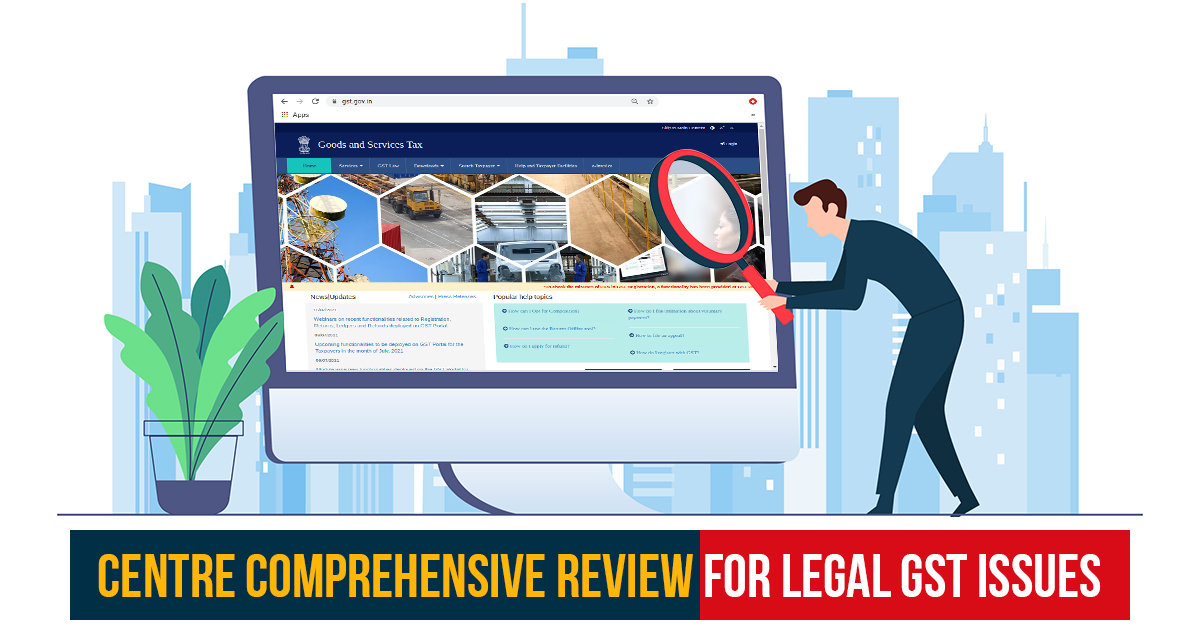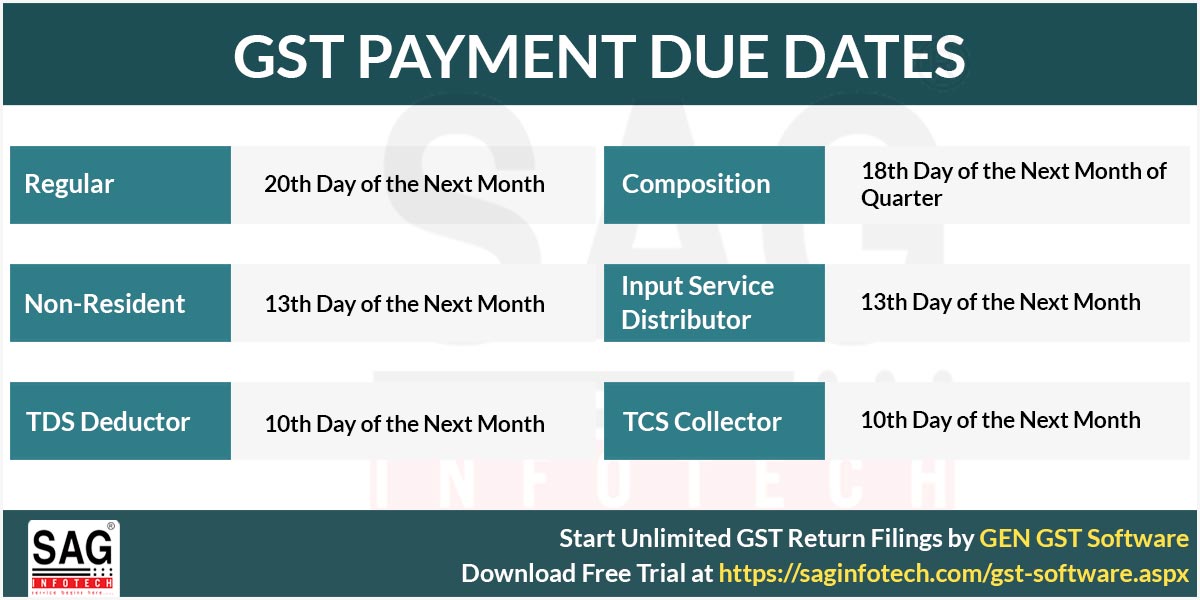
Towards the GST law, the center has started doing the examination. Several guidelines and numerous laws directed the levy to give transparency upon the problems that were cut since it was begun in July 2017. The purpose of the review is to clear the air on problems like if the services given through back offices of multinational firms in India quality as exports reason being the exports, which are zero-rated and therefore shall not need to pay the tax 
Latest Update
20th September 2021
- “Clarification on doubts related to scope of “Intermediary” Read PRF
There is a misunderstanding towards the discounts provided through FMCG and the consumer durables firms to their dealers to sell the products at a lesser cost eligible for GST or not. The review is urged to resolve the law and diminish the conflicts. The government council commented that these problems including others shall be taken to the official’s committee of GST officials for consideration. Upon the grounds of the feedback, a brief proposal shall make understood to the officials for the last decision.
“The idea is to iron out any legal issues to make the regime simpler, as was intended,” commented the council. From multiple industries both the governments collected various representation upon these concerns.
Also, the problems have been shown by the states and field-building which requires being clear by an amendment in the rules or the act itself. “It was felt that some of the issues that have been flagged should be examined and necessary clarification or changes to laws should be taken up to address them to bring down litigation, commented the council.”
The council seeks to lessen the litigation over the direct and indirect taxes, however, GST has seen an increase in conflicts at various forums. Opposing the views on various problems which consists of the council for the advance rulings has also raised the problems.
For instance, there are more than 200 firms that consist of disputes on the definition of “intermediary” services. On the multinationals exports, there is no tax levied on them when GST was not introduced. Similar to that there are various problems with the levy of GST on reimbursements given to the dealers through FMCG companies to sell products at a particular price.








